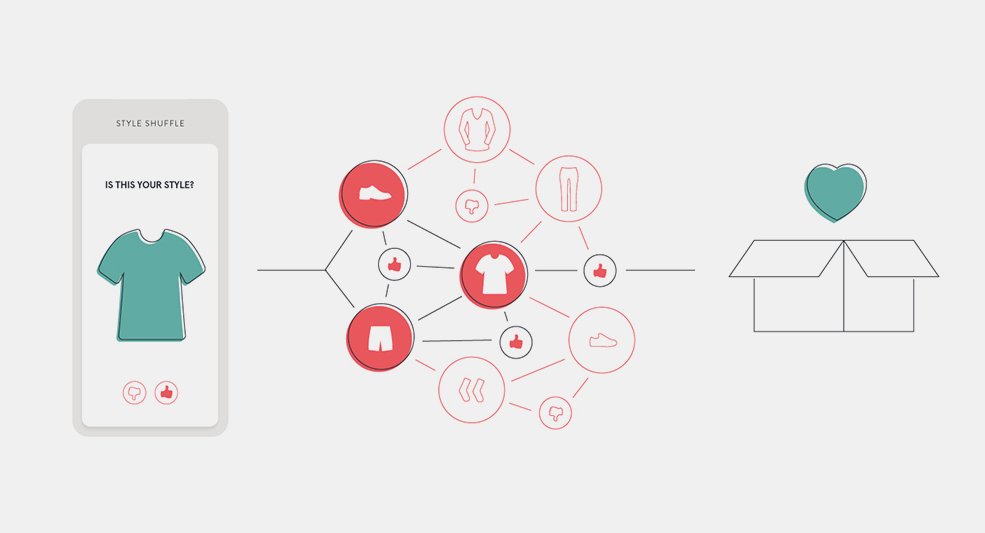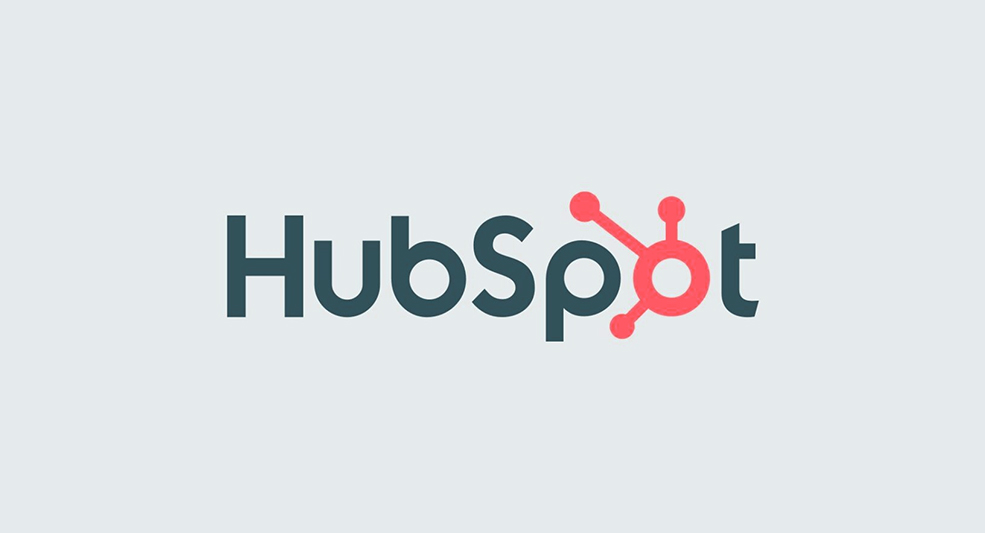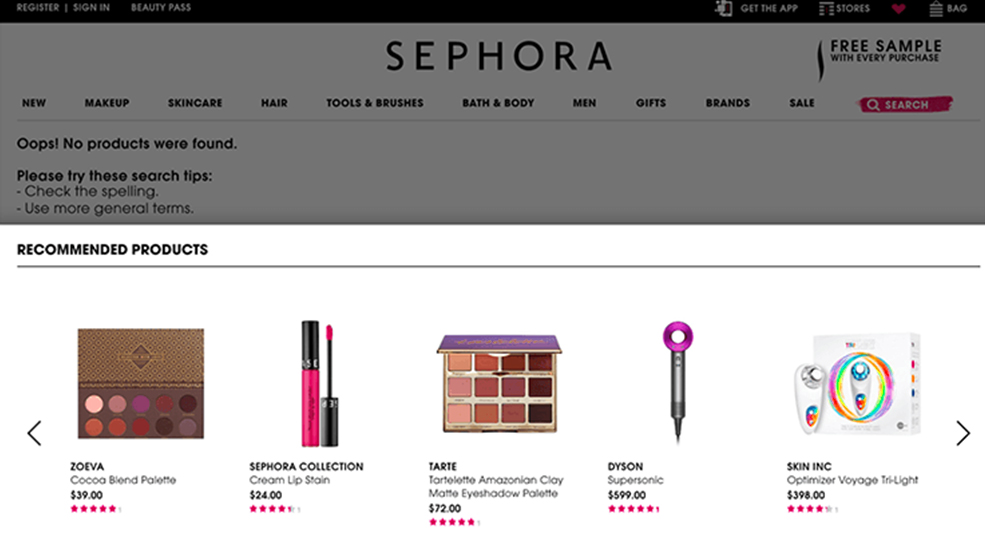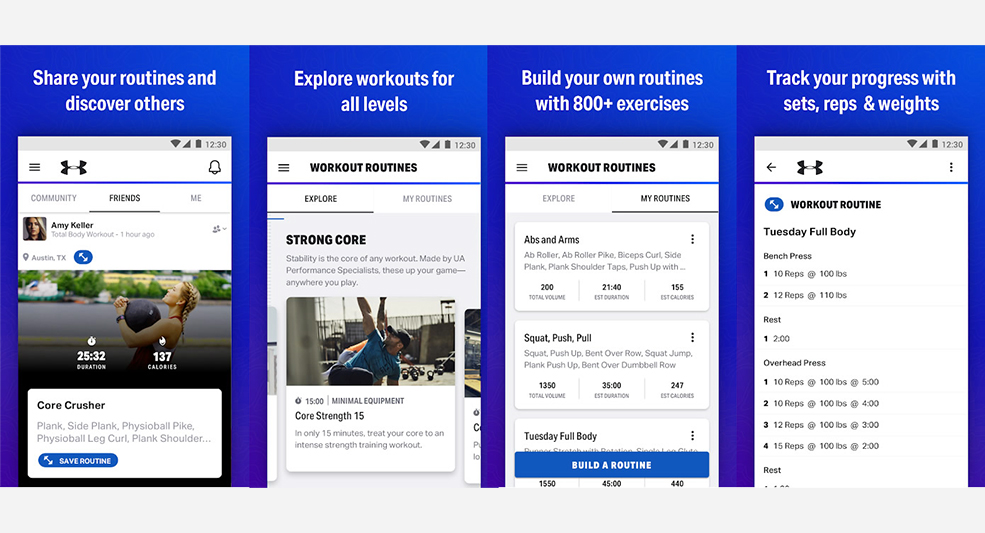61% of individuals expect a more personalized experience from all the brands. The only way to make your brand successful is to put your customers first in this competitive market. It’s only possible if you know everything about your target market.
Consumer data is the single ingredient in your marketing meal that will win everyone’s heart. Companies that fail to put data at the center of their marketing strategy may lose out on a 15-20% boost in revenue. Developing a marketing plan based on customer data is known as data-driven marketing.
Read about data-driven marketing in detail below:
What is Data-Driven Marketing?

Data-driven marketing is the process of creating and optimizing your marketing decisions according to your collected customer data. The approach utilizes consumer information to calculate your business’s future behavior and needs. The whole focus is on the customer as they are the only ones to take your business towards success.
92% of the leading marketers believe that using first-party information to create customer-centric marketing decisions is extremely beneficial for their business growth. Remember to curate the right data marketing strategies after carefully analyzing your customer’s insights. It is a personalized form of marketing that has no room for guesswork.
The best example of this marketing tactic is Coca-Cola. In 1929, it became the first brand to introduce vending machines that offered different flavors of their drinks. Later, they discovered that two of its products, cherry-flavored Sprite, and exotic mango-flavored diet coke, were the most popular, prompting them to launch the two drinks on a larger scale.
What Is The Difference Between Data-driven Marketing And Traditional Marketing?
Data-Driven Marketing |
Traditional Marketing |
| Creating marketing strategies based on proven studies and data about the customers. | Creating marketing strategies based on available studies and assumptions about the customers. |
| More of a hit and trial method has no focused strategy. | Hit straight on the target because of a clear and focused strategy. |
| Performs marketing using siloed data. | Performs marketing using big picture data. |
| Manual and generalized form of messaging. | Personalized form of messaging. |
What Are The Best Practices In Data-driven Marketing?
The following practices help you create a customer-focused marketing effort that results in increased ROI for your business:
Understand Your Target Audience
84% of the businesses that focus on improving their customer experience see an increase in their revenue. Knowing your target demographic is the first step toward providing a better customer experience. You can design a seamless data-driven marketing plan that works for your organization by conducting extensive research into the wants and ambitions of your buyer persona.
Strategic Data Management
46% of the customers decide not to buy from a company if they mishandle their data. Data-driven marketing entails the collection of high-quality data and its efficient administration. Data management enables you to analyze every part of your consumer data to calculate greater business opportunities. Further in this post, we’ll discuss data-driven marketing tools to assist you with data management.
Offer Value To Your Customers
You can design strategies for a better customer experience with the support of your consumer’s data insights. The goal of curating strategies based on big data analysis is to provide value to your target audience at every step. For example, assume you conducted research for your Pharma company that revealed that 89% of your clients searched for spot clearing cream. Based on this information, your company will develop such a product.
Transparency
94% of the customers stay loyal to a brand when it offers transparency in its services. Building a trustworthy relationship with your customer requires transparency. Because of security issues, many customers avoid connecting with a brand. They are always concerned about how the company will use their data; thus, giving them visibility gives them peace of mind about your operations.
Highlight Your Business Advantages
Customers are more likely to engage with you if they believe your product or service will benefit them significantly. Therefore, always clearly demonstrate the benefits of your product and services, as well as how they answer your clients’ problems. For this, you can send out product recommendations in the form of a newsletter.
What Are The Most Effective Data-driven Marketing Strategies?
When a company has in-depth knowledge about its customers, it can curate marketing efforts that are less likely to fail. Here is the list of best strategies for data-driven marketing:
Personalization

80% of the customers invest in a brand that offers a personalized experience. Personalization is the simplest step in data-driven marketing because you already have all of your clients’ information. A personalized marketing approach includes the following steps:
- Determine your target audience’s demographics.
- Write individual messages for each section. For example, if you have an apparel firm that caters to both men and women, you may create separate messages for each group.
- Make product recommendations that are relevant to your clients.
Spotify, for example, provides song recommendations that are relevant to its target audience based on a detailed analysis of their musical preferences.
Remarketing

96% of the buyers leave a website without making any purchase. So one way to keep your brand on top of their minds is through the process of remarketing. Remarketing is the strategy to present your services in front of those audiences that have expressed interest in your business. Remarketing, also known as retargeting, uses omnichannel platforms like Facebook, Instagram, LinkedIn, etc., to direct the audience towards your business.
For example, the clothing retailer Madewell uses Facebook ads for retargeting its consumers, encouraging them to return to their website and make a purchase.
Customer-centric Content

78% of the customers trust a brand that offers customized content. Data-driven marketing helps you create your social media content, blog content, and other advertising content by keeping in mind your customers. With your customer’s demographic and psychographic insight, you craft content that piques your client’s interest in your product and services. You can optimize your content after focused keyword research using your customer information.
For example, Stitch Fix, an online personal styling business, uses a customized quiz to learn about their audience’s style so that they can suggest clothes to each consumer. This strategy is assisting them in gaining 17% subscribers every year.
Consistent Marketing Message

95% of the customers use more than one channel after interacting with a brand. Therefore, it is crucial to align your customer data at the center for every department to work with it appropriately. You’ll be able to keep your efforts consistent and synchronized across all platforms this way. Make sure your message identifies your brand’s identity across all channels so that your target audience can readily recognize you. This way, you show stability in your brand, and people’s perceptions of you are less likely to shift dramatically. Brand consistency helps you to build customer loyalty.
For example, Nike’s brand message across every channel is so consistent that anyone can easily recall its slogan, ‘Just Do it’ without even thinking.
Run Campaigns At The Best Time

Data-driven marketing helps you determine every analytics and detail about your customers. You can use this information to optimize your content and run your marketing campaign at the right time. It is another way to personalize your brand messaging. First, you need to identify when your target audience is willing to receive your business ad. For example, B2B businesses’ work hours are ideal for posting your ad while they are seeking a solution to their current difficulties. Still, for regular people, the best time is primarily during or before weekends when they go shopping.
For example, Mejuri is an everyday Jewelry brand that prefers to launch its new designs every Monday. ‘Monday drop’ is their way to pique the excitement of their biggest fans.
What Are The Advantages Of Data-driven Marketing?
Businesses that cater to their marketing efforts by keeping in mind their target audience have a better chance of converting their leads into permanent customers. In addition, data-driven marketing offers your business the following advantages:
Helps You Reach The Right Target Audience
Investing time and resources in consumers who will never buy from you can be highly costly to your company. That is why the finest thing of data-driven marketing is that you can quickly discover the ideal people who will connect with your marketing campaign and become your long-term customers using your collected information.
You Understand What Is Working For Your Business
Data-driven marketing assists you in developing a result-oriented plan that will benefit your company. The reason for this is that data provides you with information about your clients and your business’s operational actions. As a result, you may calculate each step and then make changes to improve the results.
Build Long Term Relationships With Your Customers
Proper data management helps you identify the demographics of your target audience through which you offer them something that they have been looking for. When they find relevant information and services, they are more likely to bond with your brand for a longer time. These loyal customers will later become the advocates of your business. For example, suppose your research shows that most of your target audience is Gen Z, who is particularly engaged on social media. In that case, you can focus your campaign exclusively on these channels.
Offer Improvement In Your Product
You can identify your potential customer’s pain points and wants using data, which allows you to design your product accordingly. As a result, your product development aids you in increasing sales and establishing a stronger brand identification.
What Are The Tools That Will Help You In Data-driven Marketing?
The following data-driven marketing tools help you drive the most efficient strategies that will offer your business the best results:
Google Analytics

Google Analytics is a tool launched by Google in 2005 that helps you track your website behavior by analyzing the website’s traffic, customer demographics, retention, and bounce rates. This data helps you optimize your low-performing content to increase sales. It is a free personalized tool that helps your business succeed from every corner.
HubSpot Marketing Hub

HubSpot’s marketing hub is a powerful data-driven marketing solution that assists you in gathering crucial customer data. It’s linked to HubSpot’s CRM, which saves all your customer information in one location. In addition, other tools, such as Sales Hub and Operations Hub, are available to collect information and drive conversions.
BuzzSumo

BuzzSumo is a data-driven tool that helps you identify the most trending topic that your target audience is interested in. You discover all the leading keywords that you can use to create content that drives the best results. It is the most effective instrument for enhancing your content marketing approach.
What Are The Challenges In Data-driven Marketing?
Data-driven marketing is a great strategy to offer a personalized customer experience, but one can face a few challenges. Let’s talk about those challenges in detail.
Data Collection
Collecting a huge amount of data can be overwhelming for marketers. Therefore, the first issue arises to select the platform from where one can find data. Unfortunately, many marketers avoid using data-driven marketing due to this reason.
Solution
Your business tools like website analytics, CRM, ERP system, social media software will help you attain insights about your customers. In addition, customer interactions offer you maximum details that you can use to create your business strategies.
Regular Updation of Data
Data-driven marketing will only offer you the best results if your data is fresh and updated. It can be another challenge for marketers. Manual updating and pulling data can be quite complicated for a few people.
Solution
Resolve this issue by creating a marketing dashboard that will connect all your information to one place. Dashboard synchronizes your data from all the channels you use in real-time.
Data silos
Data silos make it difficult for companies to offer a coherent experience to their customers. Very few companies store their data in one place, making it difficult for them to know their customers and create a successful marketing campaign.
Solution
If your company wants to get rid of data silos, it will have to perform the following steps:
- Set common standards for their data.
- Using the marketing dashboard about which we have talked in the previous point.
Examples Of Data-driven Campaigns By The Topmost Brands
More than 64% of marketers believe data-driven marketing is the most crucial marketing strategy for the success of every business. So let’s take a look at several brands’ best data-driven marketing campaigns.
EasyJet

EasyJet celebrated its 20th anniversary with a successful data-driven marketing approach. They constructed a series of personalized stories based on their customers’ trip histories. The information covered their customers’ first EasyJet flight and even made predictions for their upcoming journey.
Sephora

Sephora’s website provides a remarkable client experience on every page. The homepage of Sephora displays several product recommendations. The recommended products are based on the consumers’ browsing habits and previous purchases.
Netflix

Netflix collects and stores its vast amount of data using various data processing technologies and open-source alternatives. This technique enables them to provide viewers with compelling content, resulting in a higher engagement rate with their original content.
Under Armour

Under Armour, an American sportswear business, optimizes its marketing campaigns and even launches its new products based on data gathered from the Connected Fitness community. More than 200 million people are part of the community.
Final Words
Every business can benefit from a data-driven marketing strategy since it gives them insights into their potential customers, providing an exceptional customer experience. Traditional marketing methods that solely focused on selling are now a thing of the past. Instead, it’s time for a more customized approach to marketing, one in which you provide value to your clients at every step.
Fortify your business success with the application of effective data-driven marketing!
